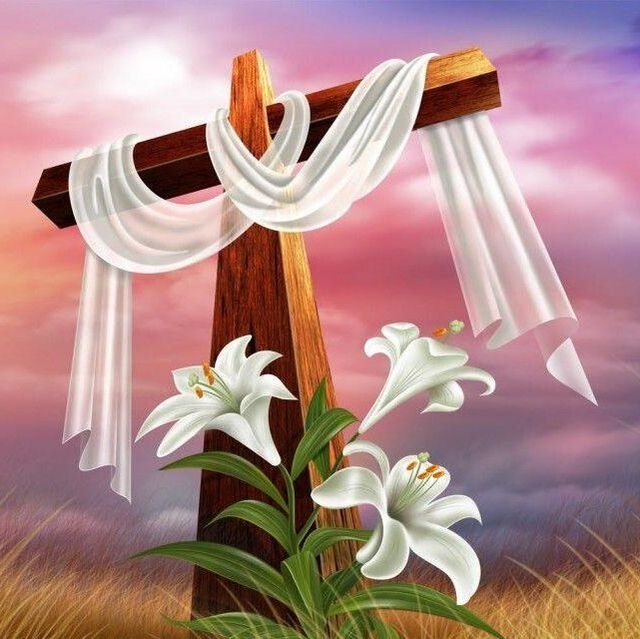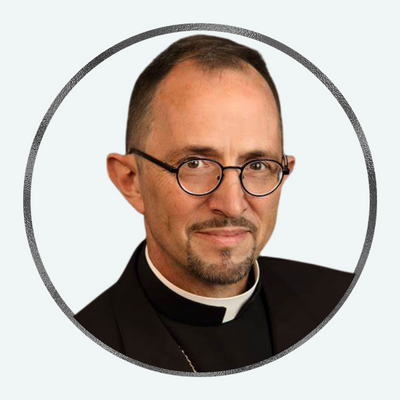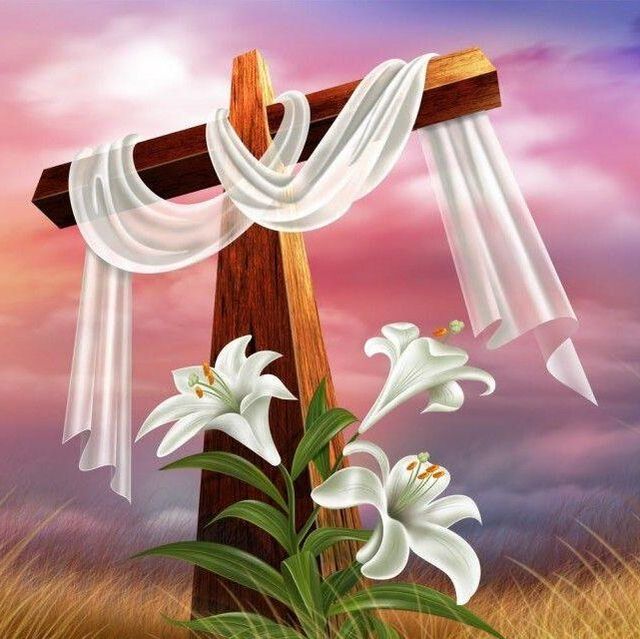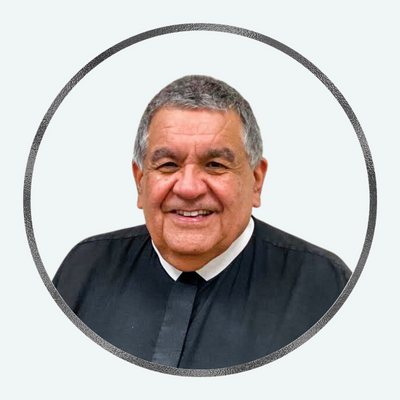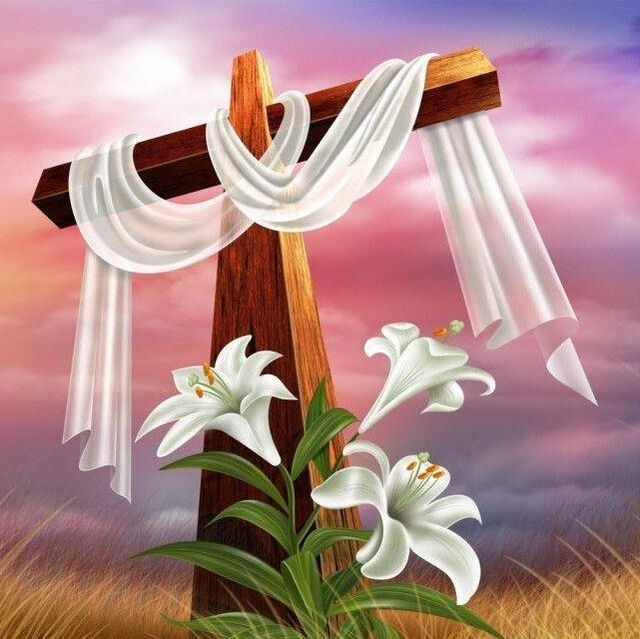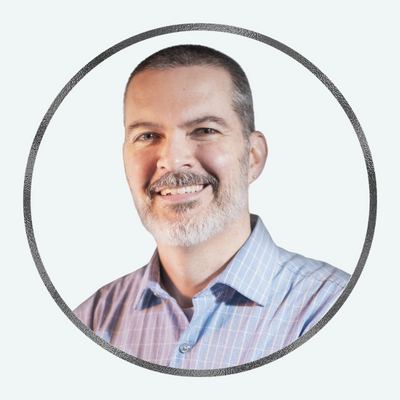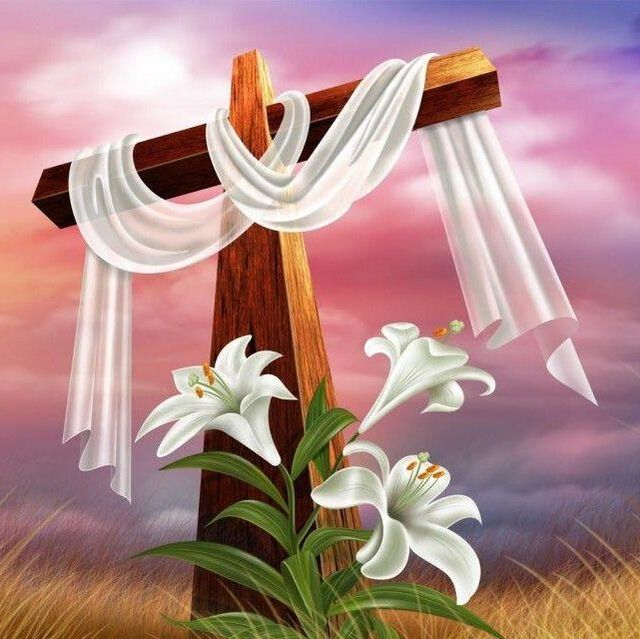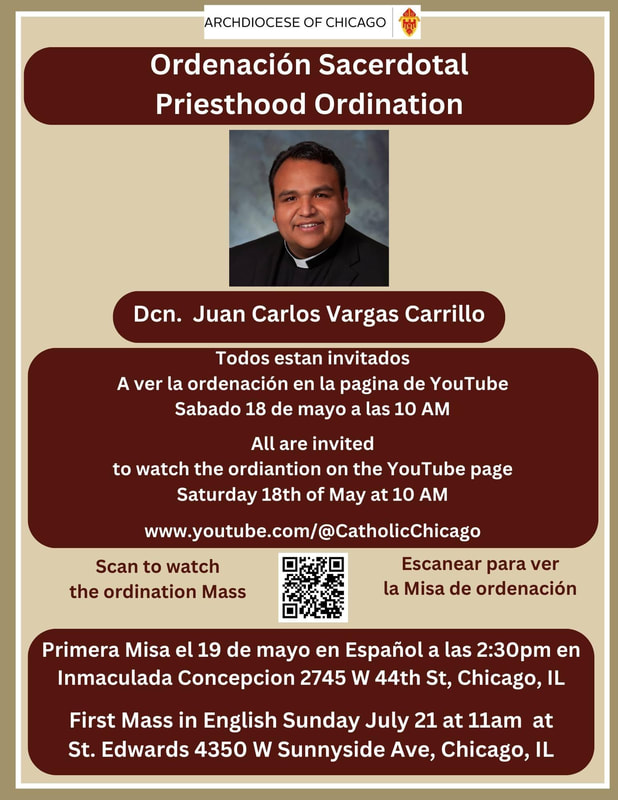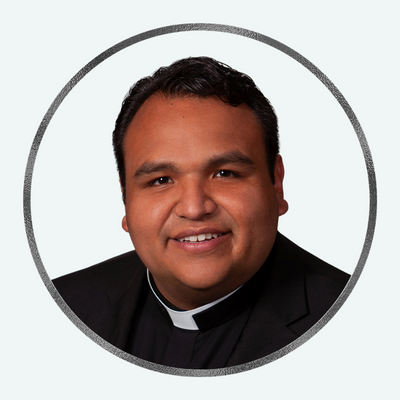|
Fifth Sunday of Easter
Most Rev. Bishop Mark Bartosic Auxiliary Bishop of Chicago, Episcopal Vicar of Vicariate II Remain in me, as I remain in you. The objective of Genesis 1 & 2 is to propose the human person as the absolute masterpiece of God's creative genius. It was no stretch for the ancients to conclude that if this is so, then man must be at the center of God's affectionate gaze. Even scientists thought Galileo was crazy when he espoused the Copernican view that Earth is not at the center of the celestial dance going on over our heads. The Church reacted violently, but I don't think science had much to do with that reaction. The Church reacted out of fear for us. Most of us were still illiterate: would we forget who we are once we could no longer picture ourselves at the physical center of it all? Would we become disoriented in a larger, more complex universe? Would God still be able to find us, lost in space? The tempter in Genesis 3 suggested to our first parents that their situation in paradise was intolerable. You actually trust that guy? Adam and Eve decided to take matters into their own hands: they sinned, and subsequently hid from God, who had to ask, Where are you? How will God find us, once we have moved? He'll do this: he'll send his Son in the likeness of sinful flesh - something we recognize, something that resonates. From then on, we'll call God's only Son, Brother. That the vine and its branches form a whole; that they are essentially one thing, is the point of today's Gospel. The only-begotten Son of God can come no closer to us than he already has, in the Incarnation: in subjecting his own flesh to our death, for his brothers' sake. It's because we believe in Christ's oneness with us that we can call ourselves children of God, and be telling the truth. For we believe that God has only one Son: we profess that every Sunday. And yet, though Jesus, with Jesus, and in Jesus, we too can claim divine filiation. That means that when the Father gazes at his Beloved (which he eternally does), he sees us. Fourth Sunday of Easter
Brother Alan Parham, FSC Spiritual Advisor The fourth Sunday of Easter is better known a Good Shepherd Sunday. In this time of polarization, we have a Pope who encourages us to go after the lost sheep and even to “smell like the sheep.” We can be very devoted to Jesus as the way, truth, and life without being exclusive. In so many parables, Jesus encourages us to be inclusive. His mercy overflows in the parable of the Prodigal Son and the Good Samaritan. In the latter parable, it is important to notice than it was sometimes the most religious people who lacked compassion. When St. Peter says in the first reading from Acts: “There is no salvation through anyone else, nor is there any other name under Heaven given to the human race by which we are to be saved,” he is exhorting us to minister in Jesus’ Name and act as he did. One other incident sheds light on Jesus’ teaching (Matthew 15:27). The woman wanted healing, but Jesus told her she wasn’t Jewish, and that is whom He came for. But she appealed to him by saying that even dogs got the crumbs that fell of the table. Many years ago, a boy wanted a dog. His parents took him to what was then called the dog pound. As the boy looked at the dogs there, his father pointed out some cleaner dogs which were of pure breeds. But the boy’s attention was drawn to the dirtiest dog in the pen. He had also noticed that, when the dog tried to eat, the other dogs bullied him and wouldn’t let him. Despite his father’s observations, the boy chose the dirty one. What a surprise when they took him home and washed him! It was actually a Springer Spaniel, a beautiful black and white dog. Thus began many years of friendship and love between the boy and his dog. If you haven’t guessed, that boy was me. Pongo, the dog’s name, ended up getting more than crumbs from the table. The entire family learned to accept this dirty dog, who gave much joy to their lives. By including the dog a part of their family, they indeed redeemed the “lost sheep.” Third Sunday of Easter
Jason McKean Board of Directors, Faith Formation and Evangelization Team Last Sunday, my family went to Mass, like we do every Sunday. As we left, one of my daughters mentioned that the priest wasn't wearing green, and she could not understand why not since Easter was "over." Now I know -- and you might too -- that priests wear green only during Ordinary Time, but we're not there yet! At that point, we still had 6 weeks of Easter left to celebrate (and now, five)! She was quite surprised by this news, but, as younger kids often do, her surprise gave way to the next interesting thing in front of her, and on we went to our doughnuts and coffee. I thought about this moment when I read the Gospel for this Third Week of Easter. Like my daughter, the disciples experienced their own surprise. Unlike my daughter, this was no mild surprise at a guy in a green robe. The Gospel says the disciples were "startled and terrified" by Jesus' sudden appearance, and even thought he was a ghost! Also unlike my daughter, the disciples didn't redirect to coffee and doughnuts afterwards. But, they did get their own religion class, taught by Jesus himself, with two points. The first relates to my daughter's surprise at having eight weeks of Easter. Why do we even need that much? I think the answer lies a bit in what was happening in this reading. At its start, Luke writes that two disciples were explaining how they had just met Jesus on the road to Emmaus, and how "he was made known to them in the breaking of the bread." In other words, those two disciples knew what it was like to have the risen Jesus suddenly appear, and apparently told everyone else all about it. But, Luke records that immediately after Jesus showed up in the room, everyone was "startled and terrified!" It's as if the disciples' experience just hours before had been entirely forgotten. See, the mystery of Easter is just so big, so unfathomable, so amazing, that I often can't quite get my mind around it, exactly. We are gifted the eight weeks of Easter to recall, reflect on, and adjust to the fact that we are so loved that Jesus went to the Cross and rose from it for us. And we need that grace and space! In a world where it's easy to be terrified by so many things, it takes a lot to get our heads around the idea that we don't have to be afraid: Peace is with us. Let's all make good use of this last five weeks of Easter to go deeper with Jesus. The second point relates to the first. Just look at the effort Jesus makes to help his disciples get their minds around the fact that that, YES, it really is Him. He shows his wounds! He eats broiled fish! He "opened their minds" to understand all that had been written about him! It's A LOT, and it's just one of many times he has to come back and do it all over again! But Jesus never tires of being present to us, and being with us, and being for us. That's true even if it takes eight weeks, or a lifetime, to repent of whatever holds us apart from Him, to work at keeping His commandments, and to allow Jesus to perfect God's love in each of us. And, that will remain true even when you are confused by a guy in a green robe, and momentarily distracted by doughnuts. Jesus is alive; He is here; He is here for us. May you experience that joy of Easter! Second Sunday of Easter (Divine Mercy Sunday)
Kayla Jacobs Board of Directors Happy Divine Mercy Sunday! Divine Mercy Sunday, always on the Sunday after Easter, is a feast in the Church that celebrates the Lord's Mercy. It was instituted in 2000, announced at the canonization of St. Maria Faustina by St. John Paul II. I am grateful to write this reflection as mercy has both shaped my faith and remained a core way I experience my faith in the world. I became a practicing Catholic as an adult, being confirmed at the age of 21. Before my Confirmation and as I was in the process of converting I encountered a couple of communities of Catholics who were living out their faith in a way I had never seen before. I went to Saint Xavier University, founded by the Sisters of Mercy, whose mission is to show mercy in the world through serving the poor and vulnerable. My interactions with the sisters on campus piqued my interest in the Catholic Church. The other community I encountered was Nazareth Farm in West Virginia. Nazareth Farm is an intentional community of Catholics who live their lives based on four cornerstones: prayer, community, simplicity, and service. Together, they tend to the earth in their gardens, pray, host service retreats, and serve people in need in their community. One member of the community impressed me so much by his faith life that, knowing he was also a convert, I asked him what led him to live in such a way. He responded, “I read Acts [of the Apostles]”. One of my favorite parts of the Easter season is that the Mass readings always begin with a reading from the Acts of the Apostles. It is only fitting that the reading from the Acts of the Apostles on Divine Mercy Sunday includes lines such as: “the community of believers was of one heart and one mind…they had everything in common” and “there was no needy person among them… [they sold everything] and distributed to each according to need.” Scripture provides us with Corporal and Spiritual Works of Mercy in both the Gospel and the Old Testament and as I saw embodied at Nazareth Farm and through the Sisters of Mercy, the Acts of the Apostles is a blueprint for how to live out God’s mercy in the world. To end, I'd like to quote one of my inspirations, a strong example of mercy personified, the Venerable Dorothy Day, co-founder of the Catholic Worker Movement: “Everything a baptized person does every day should be directly or indirectly related to the Corporal and Spiritual Works of Mercy.” Join us online for the ordination to the priesthood of UCYM Spiritual Advisor Deacon Juan Carlos Vargas! We are very excited for Juan and all the gifts he will bring to the Church as a priest. Juan is a champion for young people and for practical and pastoral ministry. Let us pray for Juan as he continues to walk towards this important step in his life and vocation. My name is Juan Carlos Vargas. I was born in Chicago, Illinois to parents from Zacatecas, Mexico. I grew up in Pilsen and my family began with nothing. My parents came to Chicago from Mexico when my mother was 5 months pregnant with me. My mother was always very involved in the church, St. Pius V., because that is what made her feel at home. My dad worked and continues to work hard to provide us with the best he can. I went to Jose Clemente Orozco public school in Pilsen, where Spanish was the primary language; I started speaking English in the third grade.
During elementary school, my parents made sure that I was involved in everything I wanted, including folkloric dancing, violin classes and catechism at the parish. Upon graduating from elementary school, I went to Cristo Rey Jesuit High School in Pilsen, and I also started working at St. Pius V Parish Youth Center. Upon graduating from high school, I decided to go to Cincinnati, Ohio to study at Xavier University. During my time at the university, I took the opportunity to travel. I always went to every social justice event, and did community service, I even had the opportunity to go to Nicaragua, Guatemala and El Salvador. My experience and motivation always was and continues to be serving others, so the career I decided to take was social worker. After I graduated, I went to Guyana, South America with Mercy Volunteer Corps, for one year of service. In Guyana, I taught personal growth and religion in a vocational school. I also helped with children in an orphanage. After that year, I returned to Chicago and worked as a foster care social worker in Child Link and after work I helped out at my Parish, Immaculate Conception on 44th and California. During my four years as a social worker I learned, after many mistakes, how to put my work in the hands of God. As I began to put my work and life in God’s hands, I realized that I had never given myself the opportunity to see how my relationship with God was. From then on, in my moments of prayer, the call to the priesthood came out. This time, instead of running away from it, I decided to run towards it and realized that my job as a social worker was only part of how much God wanted for me. I then decided to go to the house of discernment, and then to Mundelein Seminary, to see if this call was what God wanted for me. During the past five years I have been in formation taking philosophy and theology. In May of 2023 I was ordained a transitional deacon for the Archdiocese of Chicago and I am really looking forward to priesthood ordination, God willing, in May of 2024. My life of ministry and service has been rooted in God and I am very excited about ordination and continue to accompany everyone to see where they are in relationship with God. I want to continue to encourage others to grow in love of God through their faith. |
Archives
July 2024
Categories |
MANY parts. ONE Body of Christ. EVERYONE belongs here.
Locations & HoursMailing Address
St. Scholastica Monastery 7430 N. Ridge Blvd. Chicago, IL 60645 Directions Hours of Availability Contact Staff to schedule meetings After Hours (Immediate Assistance) Phone: 224-307-4048 Email: [email protected] Why We Use PronounsSign up for email and text notifications!
Giving to UCYM |
Can't Find What you Need? |
© United Catholic Youth Ministries. All Rights Reserved.

